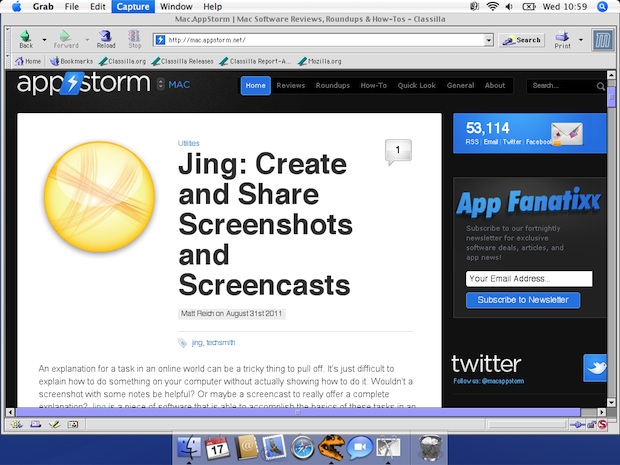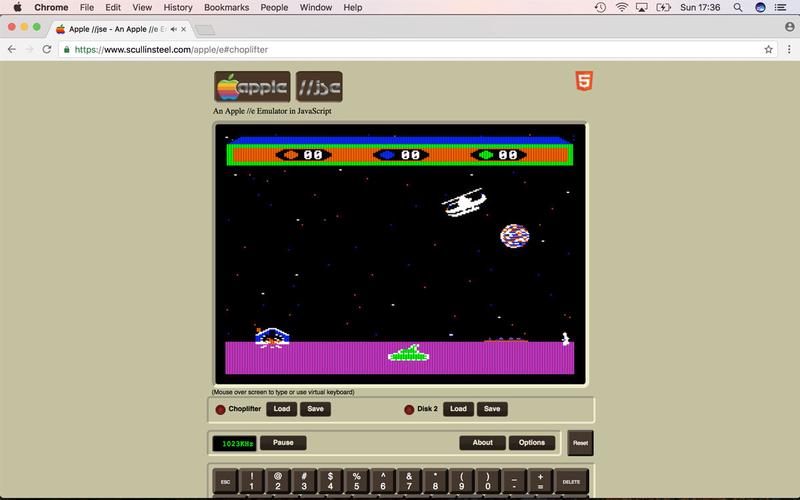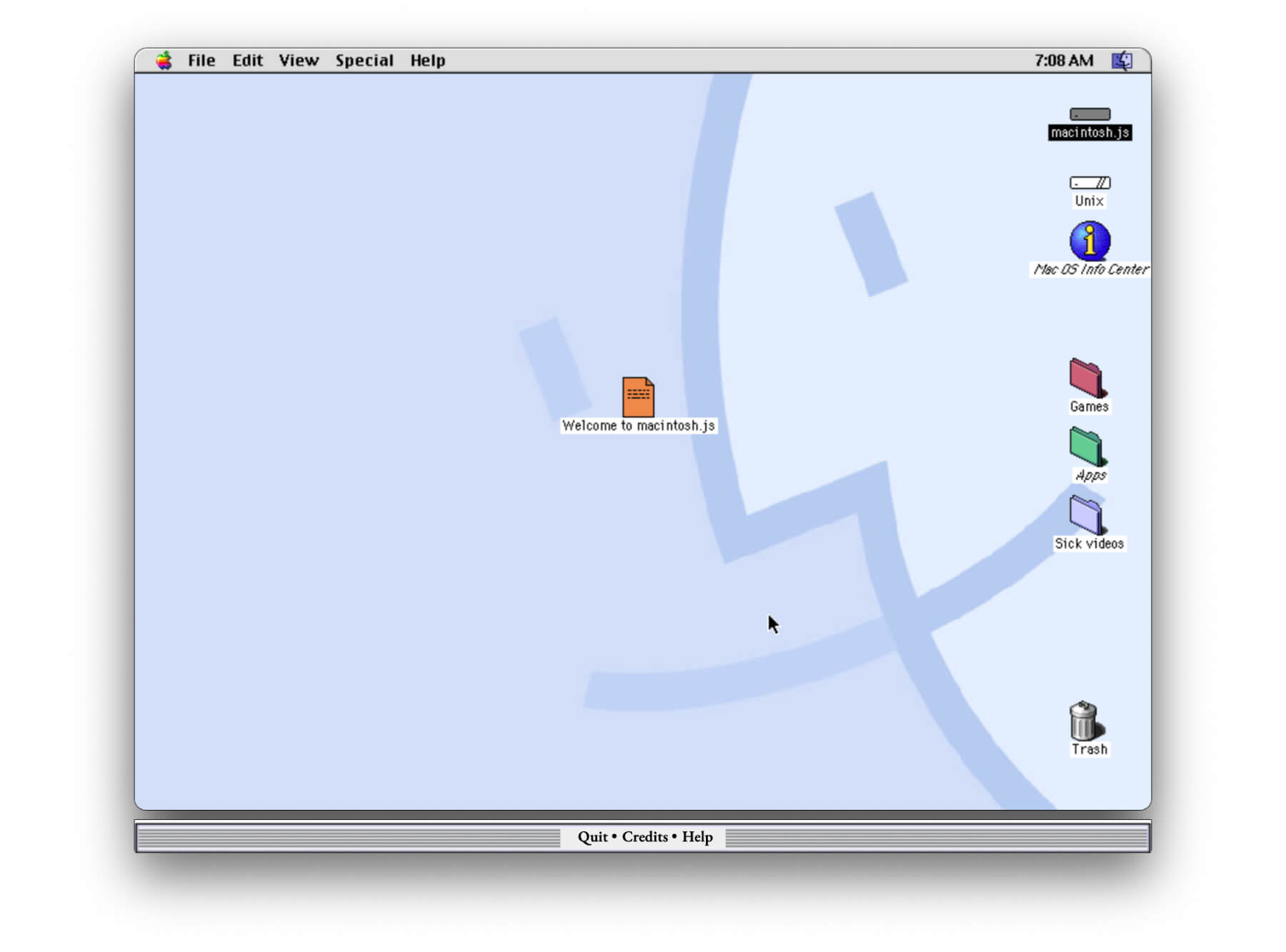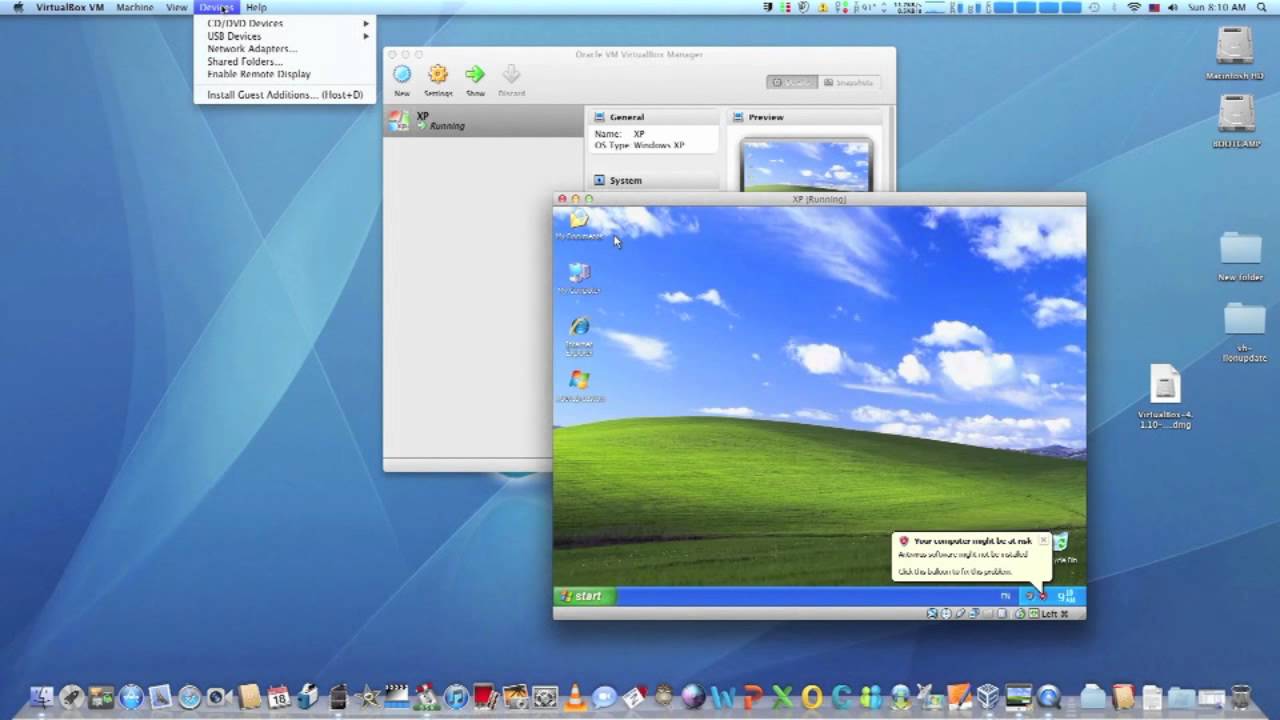

Mac OS 9 also featured integrated support for Apple’s suite of Internet services known as iTools (later re-branded as. Other features new to Mac OS 9 include: Cite web|url=|title=Mac OS 9 Special Report|accessdate=] Cite web|url=|title=MacHelp What's New in Mac OS 9|accessdate=] Mac, which is now known as Mobile Me) and included improved TCP/IP functionality with Open Transport 2.5. * Integrated support for multiple user accounts without using At Ease. * Support for voice login through VoicePrint passwords. * Keychain, a feature allowing users to save passwords in protected keychains. * A Software Update control panel for automatic download and installation of Apple system software updates. * A redesigned Sound control panel and support for USB audio. Cite web|url=|title=Mac OS 9: What's New - Speakable Items|accessdate=] * Speakable Items 2.0, also known as PlainTalk, featuring improved speech synthesis and recognition along with AppleScript integration. * Improved font management through FontSync. * Remote Access Personal Server 3.5, including support for TCP/IP clients over Point-to-Point Protocol (PPP). * An updated version of AppleScript with support for TCP/IP. * USB Printer Sharing, a control panel allowing certain USB printers to be shared across a TCP/IP network. * CD Burning in the Finder (introduced in Mac OS 9.1). * Addition of a 'Window' menu to the Finder (introduced in Mac OS 9.1) PowerPC versions of Mac OS X include a compatibility layer called Classic, enabling users to run applications and hardware requiring Mac OS 9 from within Mac OS X. This is achieved through booting a full Mac OS 9 system. As a result, Mac OS 9 must be installed on the computer for Classic to function. Most Mac OS 9 applications run well in Classic, although some applications demonstrate screen redraw problems.

In addition, scanner drivers and many other utilities no longer work.


In May 2002, at Apple's Worldwide Developers Conference in San Jose, California, Steve Jobs, accompanied by a coffin, held a mock funeral ] to announce that Apple had stopped development of Mac OS 9. Mac OS 9.2.2, introduced in December 2001, was the final version of Mac OS 9, and the end of the classic Mac OS.


 0 kommentar(er)
0 kommentar(er)
